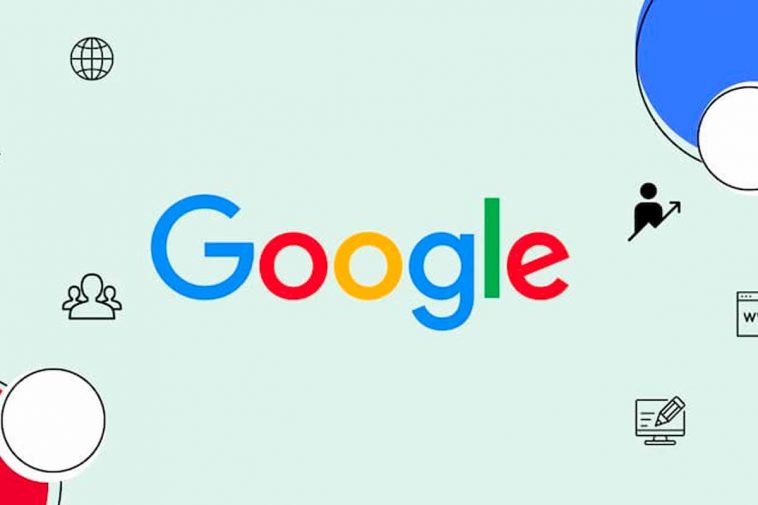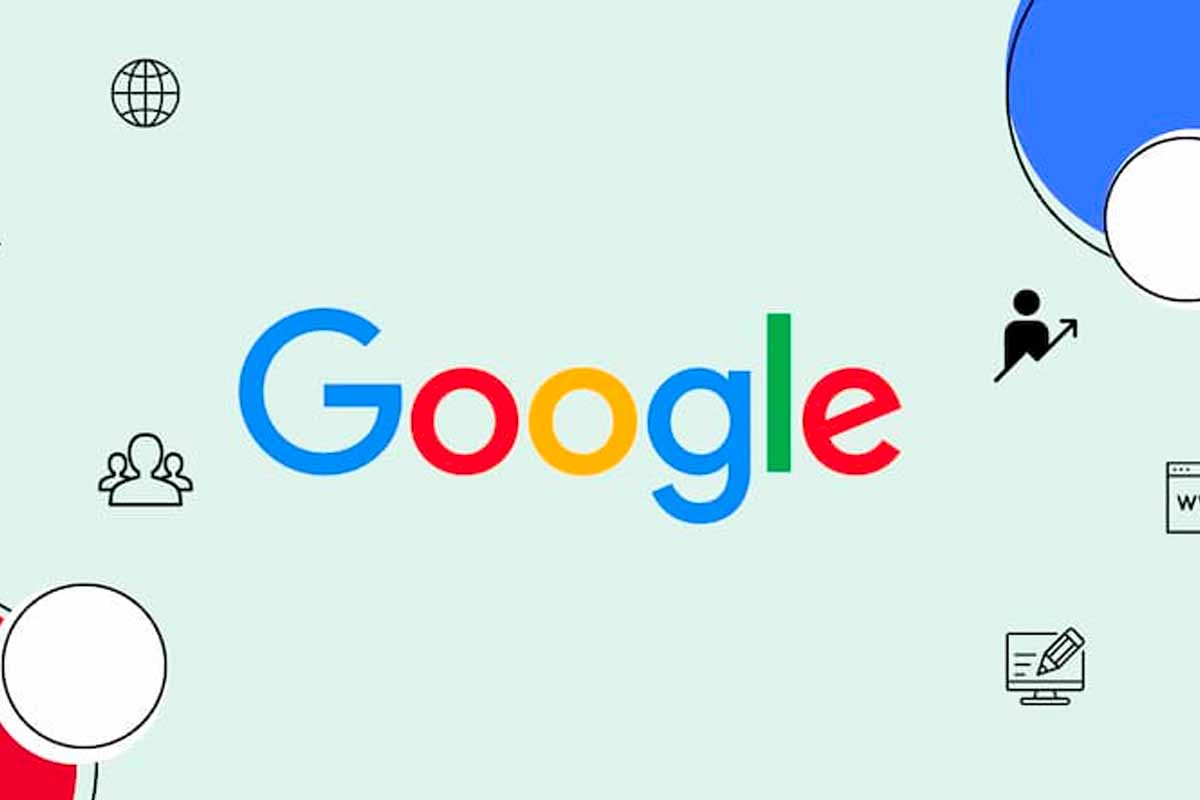
Google Translate (Player.it)
What if technology could become an invaluable ally in preserving endangered local dialects and idioms?
It's no longer a simple hypothesis, thanks to Google Translate. The world's most popular translation tool, Recently received a significant update that introduced support for 110 new languages and dialects, including Lombard, Friulian, Sicilian and Ligurian.
These new additions represent more than 614 million speakers worldwide, equivalent to 8% of the world's population. Among the introduced languages we find some major world languages with more than 100 million speakers each. Others are spoken by small indigenous communities or are languages with very few native speakers, but are the subject of serious efforts for their revival. Interestingly, a quarter of the new languages are from Africa, marking the largest expansion of Google Translate in African languages to date.
Technology and Artificial Intelligence in the Service of Language
Simultaneous addition of 110 new languages thanks to the advancement of artificial intelligence and especially thanks to PalM 2 Larg. Before the arrival of Gemini, PALM2 was the basis of the Google Bart chatbot and played a key role in efficiently learning closely related languages.. These include linguistic varieties close to Hindi such as Avadi and Marwari, but also French creoles such as Seychellois and Mauritian.

Setting up one of the new languages or dialects in Google Translate is very easy: access the main page of the service (or open the mobile application), Type the word or phrase to be translated into the appropriate box on the left and select the source language from the drop-down menu (example: Italian) And a lover of translation. It is important to underline that voice functionality is not yet available for the newly added languages.
Google has announced plans to further expand the number of languages supported by its service Translator with an ambitious goal of reaching at least 1000 languages. This is possible thanks to the sophisticated use of artificial intelligence In continuous collaboration with expert linguists and native speakers. The ultimate goal is to embrace more linguistic varieties and spelling conventions as technology advances.
This important update represents a milestone in the field of technology applied to language preservation. Many minority language communities are grateful for the efforts of Google Translate They still have a tool to protect their ancestral languages from oblivion.

“Beer practitioner. Pop culture maven. Problem solver. Proud social media geek. Total coffee enthusiast. Hipster-friendly tv fan. Creator.”





